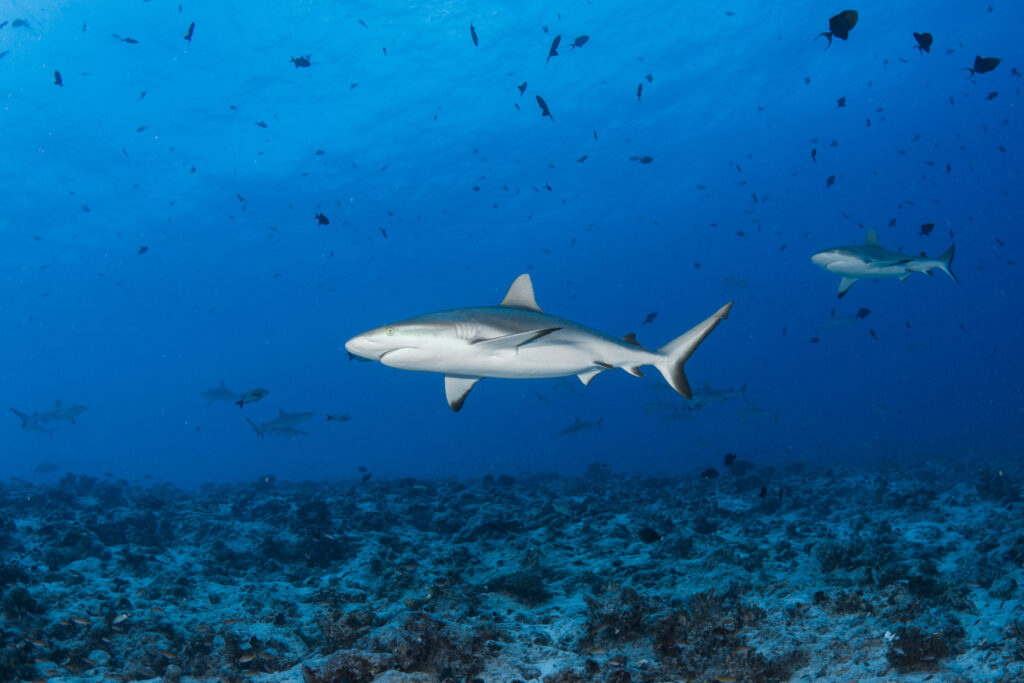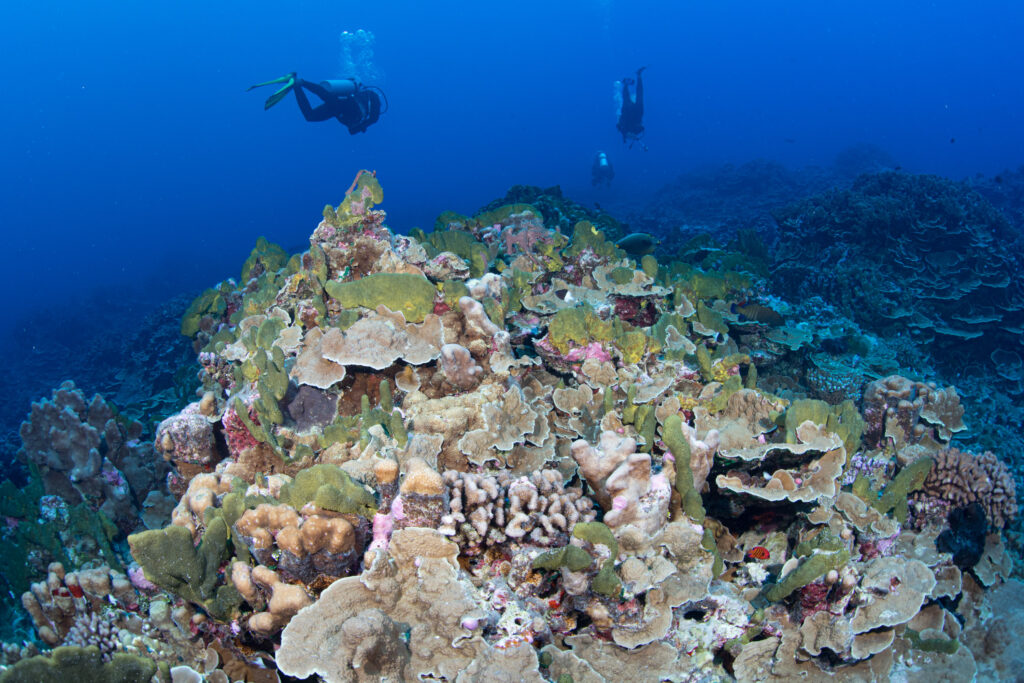Big, beautiful, and blue—are all words that come to mind when thinking about our oceans. But more than just a picturesque beach vacation, oceans are an incredibly valuable component of our planet.
That’s why the United Nations (UN) designated June 8 as World Oceans Day, serving as an opportunity to raise awareness about the role that oceans play and how we can protect them. Whether you reside on the coast or live hundreds of miles inland, World Oceans Day is a time for everybody to celebrate and learn how ocean health contributes to the overall health of our planet.

Why are Oceans Important?
Why are our oceans important? It’s a valid question. Afterall, humans live on land…so why should we care about the health of our oceans and seas?
Besides the fact that oceans are home to countless marine species, they also greatly contribute to the health of animals that live on land and provide many benefits to humans. According to the National Ocean Service, the ocean produces more than 50 percent of the planet’s oxygen and it regulates our climate and weather patterns. We also rely on the ocean to transport goods, and it contributes to the worldwide economy through tourism, food, and other industries. Not to mention, communities across the globe rely on fish for protein and ocean ingredients used to make modern medicine.
Despite all of these incredible benefits, climate change and human impacts are causing our oceans’ health to rapidly diminish and deteriorate. That’s why we, at CORAL, are calling on you to help us protect the ocean this World Oceans Day.
Protect the Ocean By Protecting Coral Reefs
At CORAL, we focus on protecting coral reefs, which are unquestionably some of the most valuable underwater ecosystems.
It’s estimated that roughly 25 percent of all marine life depends on coral reefs, with species ranging from sea turtles to parrotfish to reef sharks. They also provide food, economic value, and shoreline protection to coastal communities.

One major way you can protect the ocean this World Oceans Day is by taking actions that focus on keeping coral reefs healthy. Here are a few simple ways to start making a difference:
- Educate Yourself: Collectively, one of our biggest faults is a lack of knowledge about the ocean and why it is so important to protect. To be part of the solution, you first need to educate yourself. Start by checking out our list of e-learning resources or our reef-safe travel guide.
- Advocate and Spread Awareness: Once you’ve learned about coral reef conservation, start spreading the word! Tell your parents, your friend, your neighbor—or better yet, start spreading awareness in your local community and advocating for government officials to take action.
- Reduce Your CO2 Emissions: Climate change is threatening our coral reefs, our oceans, and the future of our planet. To reduce emissions, vote for leaders who will prioritize climate solutions, support eco-friendly brands, and protest for climate action. You can also reduce your own greenhouse gas emissions by minimizing your time in the car, reducing your meat consumption, reusing instead of buying new, and more.
- Keep the Ocean Plastic-Free: By reducing your plastic use, recycling, and picking up litter, you are preventing trash from entering the ocean. It’s estimated that at least 14 million tons of plastic end up in the ocean each year—and toxic chemicals are binding to the materials. As a result, corals and other marine animals ingest harmful plastics and many also suffer from physical injuries or death.
- Minimize Direct Threats to Coral Reefs: To keep coral reefs and surrounding marine life healthy, we reduce direct threats like water pollution and overfishing. Research shows that there is hope—if corals are kept healthy by minimizing stressors and slowing down worldwide emissions then they can adapt to the planet’s changing climate. Support CORAL’s work to save coral reefs and keep the ocean thriving today.
Are you looking for more ways to participate in World Oceans Day? Enter our ocean-inspired t-shirt competition! It’s open to all ages and abilities. More details can be found here.
